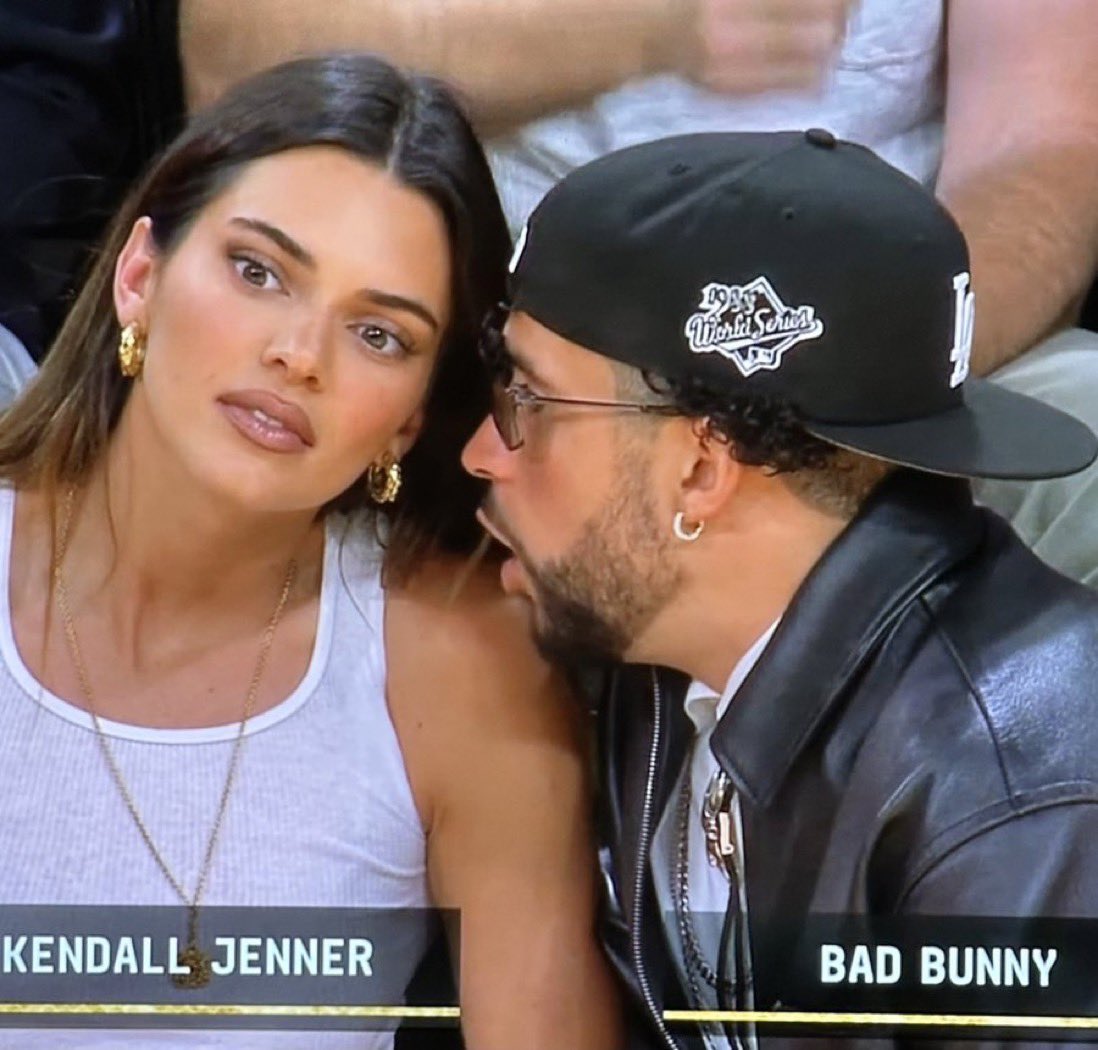“I before e, except after c…”
…unless your neighbor weighs his eight-year-old in a sleigh.
This "rule" is best thought of as an easy way to remember the spelling pattern of words that came to English from French.
receive
perceive
conceive
deceive
deceit
conceit
receipt
…unless your neighbor weighs his eight-year-old in a sleigh.
This "rule" is best thought of as an easy way to remember the spelling pattern of words that came to English from French.
receive
perceive
conceive
deceive
deceit
conceit
receipt
Most words that seem to be exceptions to this “rule” have roots in Old English. Weird, right?
For a more accurate “rule” for i/e words, we humbly submit the following:
(Deep breath)
For a more accurate “rule” for i/e words, we humbly submit the following:
(Deep breath)
I before e, except after c
Or when sounded as 'a' as in 'neighbor' and 'weigh'
Unless the 'c' is part of a 'sh' sound as in 'glacier'
Or it appears in comparatives and superlatives like 'fancier'
And also except when the vowels are sounded as 'e' as in 'seize'
Or 'i' as in 'height'
Or also in '-ing' inflections ending in '-e' as in 'cueing'
Or in compound words as in 'albeit'
Or occasionally in technical words with strong etymological links to their parent languages as in 'cuneiform'
Or in other numerous and random exceptions such as 'science', 'forfeit', and 'weird'.
Or when sounded as 'a' as in 'neighbor' and 'weigh'
Unless the 'c' is part of a 'sh' sound as in 'glacier'
Or it appears in comparatives and superlatives like 'fancier'
And also except when the vowels are sounded as 'e' as in 'seize'
Or 'i' as in 'height'
Or also in '-ing' inflections ending in '-e' as in 'cueing'
Or in compound words as in 'albeit'
Or occasionally in technical words with strong etymological links to their parent languages as in 'cuneiform'
Or in other numerous and random exceptions such as 'science', 'forfeit', and 'weird'.
• • •
Missing some Tweet in this thread? You can try to
force a refresh

 Read on Twitter
Read on Twitter






